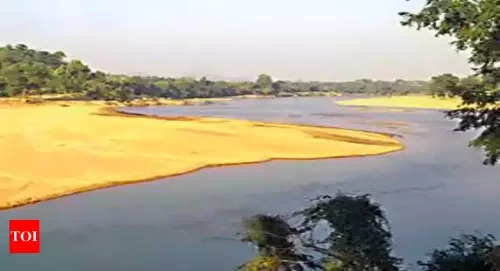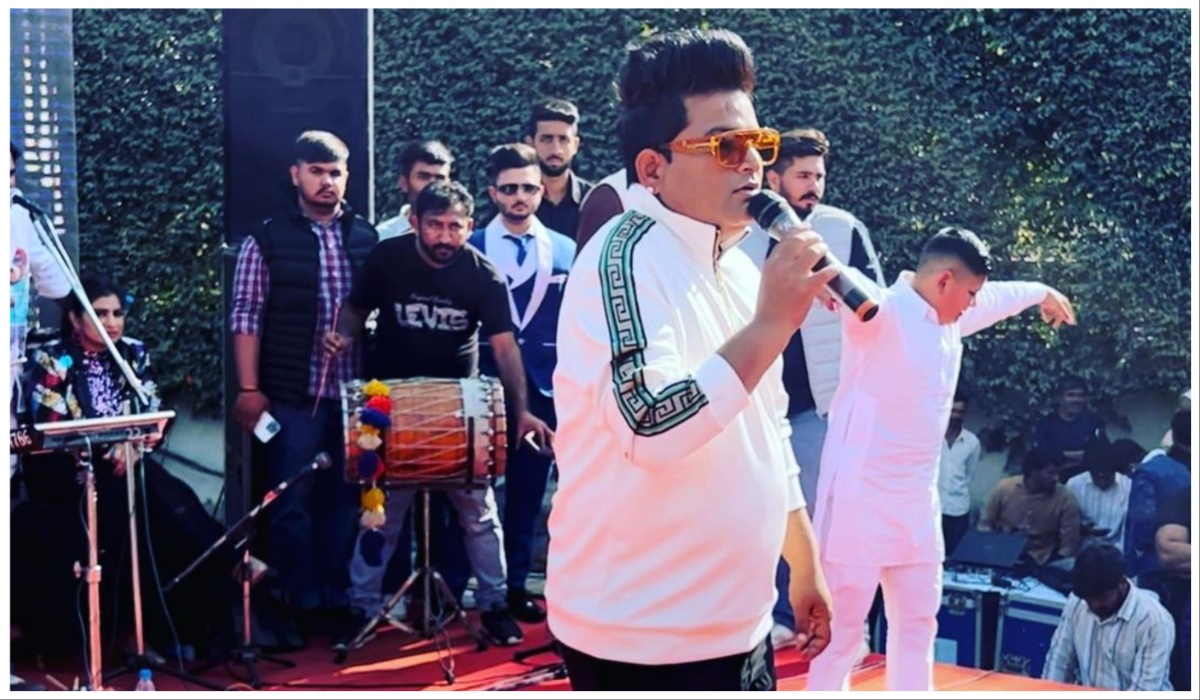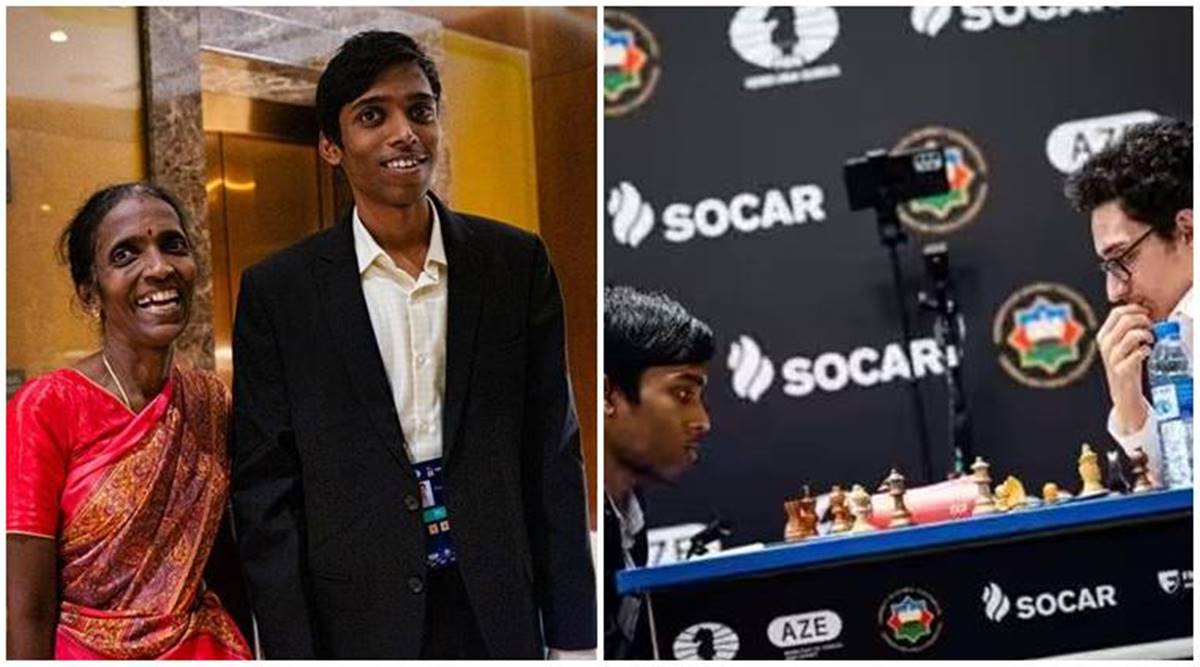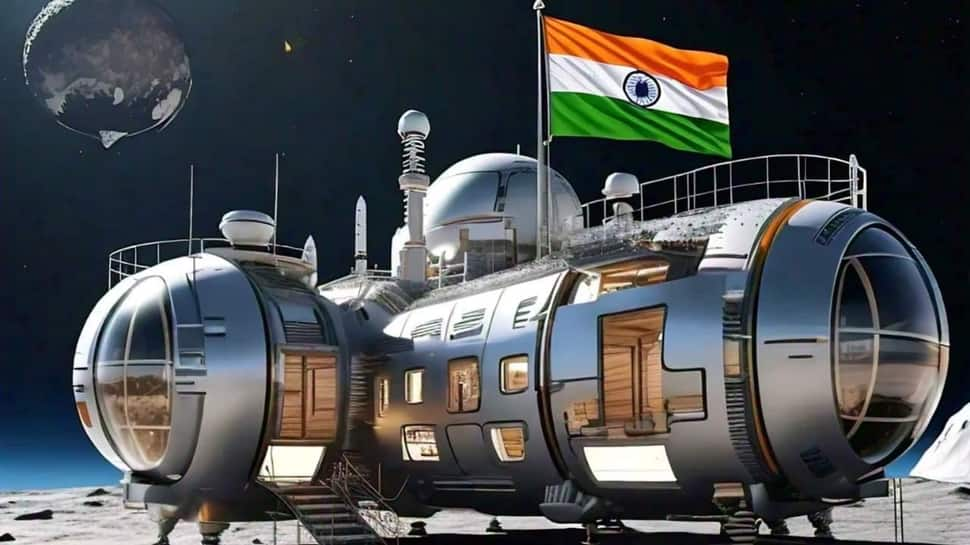New inland waterway project on Brahmani river: In a bid to enhance trade connectivity, the Centre is gearing up for a significant infrastructure initiative — a Rs 12,000 crore inland waterway project on Odisha‘s Brahmani river. According to an ET report, the primary objective of this project is to facilitate the transportation of goods from four key industrial clusters to the ports of Paradip and Dhamra.
The blueprint for this endeavor entails a government-driven approach, with the infrastructure aspect being managed through an engineering, procurement, and construction (EPC) model.
The project’s backbone will be a special purpose vehicle (SPV) jointly formed by Coal India Limited (CIL), Inland Waterways Authority of India (IWAI), Paradip Port, and the Odisha government, a senior government official told ET.
The report further said that this collaborative effort aims to establish the necessary infrastructure to operationalize the National Waterway 5 (NW5). The SPV’s formation has already received in-principle approval from the respective company boards, the report added.
Furthermore, the state government is fully committed to supporting and executing this project, the official added. Given its capital-intensive nature, substantial financial assistance from the central government is deemed essential.
The successful realization of the project entails substantial investments, particularly in activities like dredging and the construction of navigational locks to effectively manage varying river depths. The official shared that the financial contribution of the SPV partners will align with their respective shareholding proportions within the entity.
At present, NW5 facilitates the movement of 1 million tonne of cargo annually (mtpa). This figure is projected to experience a substantial surge, potentially reaching 12-14 mtpa by the year 2030.
According to the Ministry of Ports, Shipping and Waterways, Inland Water Transport is the “most economical mode of transportation”. This is especially true for carrying bulk cargo. This mode of transport remains underutilized at a share of 2% in India’s modal mix. The Centre aims to increase the share of Inland Water Transport to 5% as per Maritime India Vision 2030.
The blueprint for this endeavor entails a government-driven approach, with the infrastructure aspect being managed through an engineering, procurement, and construction (EPC) model.
The project’s backbone will be a special purpose vehicle (SPV) jointly formed by Coal India Limited (CIL), Inland Waterways Authority of India (IWAI), Paradip Port, and the Odisha government, a senior government official told ET.
The report further said that this collaborative effort aims to establish the necessary infrastructure to operationalize the National Waterway 5 (NW5). The SPV’s formation has already received in-principle approval from the respective company boards, the report added.
Furthermore, the state government is fully committed to supporting and executing this project, the official added. Given its capital-intensive nature, substantial financial assistance from the central government is deemed essential.
The successful realization of the project entails substantial investments, particularly in activities like dredging and the construction of navigational locks to effectively manage varying river depths. The official shared that the financial contribution of the SPV partners will align with their respective shareholding proportions within the entity.
At present, NW5 facilitates the movement of 1 million tonne of cargo annually (mtpa). This figure is projected to experience a substantial surge, potentially reaching 12-14 mtpa by the year 2030.
According to the Ministry of Ports, Shipping and Waterways, Inland Water Transport is the “most economical mode of transportation”. This is especially true for carrying bulk cargo. This mode of transport remains underutilized at a share of 2% in India’s modal mix. The Centre aims to increase the share of Inland Water Transport to 5% as per Maritime India Vision 2030.
timesofindia.indiatimes.com
Source link











